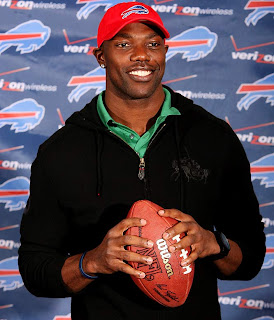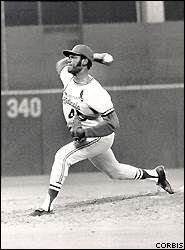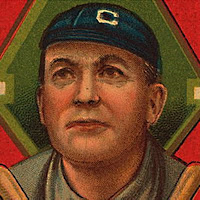
Either I am confused, or I am a hypocrite, or education has really changed since I was a kid. I hope it is only the latter but I am sure a case can be made for all three.
On the one hand, I comment to my wife about once per week about what a good education our kids are getting. The teachers at their school are engaged and committed, the facilities are fantastic, and a hands on approach to discovery has been masterfully intertwined with spontaneous thought and problem solving activities since I last sat in front of a droning "teacher".
On the other hand, I am aghast at the daily inquiries I receive from recently graduated job-seekers who cannot write a grammatically correct cover note. I am even more dumbfounded that an old joke I enjoyed as a youngster, about a man who was really hungry so he asked for his pizza to be cut into more slices, is no longer funny because the teens in the pizza joints today actually think that the "number of slices" is an accurate indicator of pizza size. Don't take my word for it, run to a pizza place right now and ask the pierced fellow behind the counter "how big is the medium" and he will give you a number-of-slices based answer. He will do this in complete earnestness and will fully believe he has provided a useful reply to your question.
I know my angst must be akin to that felt by my elders when many of us began to rely on calculators for basic math. They felt we would lose the ability to perform calculations manually (I suspect they were right to a degree) but it is difficult to discern any lasting detriment that may have caused. I find it much more distressing that we have all lost the ability to write with respectable penmanship and I sometimes wonder why there is not a more vocal outcry about that. At the end of the day, I recognize that different skills may be promoted and/or de-emphasized across generations of students.
So am I confused? Is education getting better, as I presume it is from observing my children's experience? Or is it getting worse as job seekers and pizza joint workers lead me to conclude? If it is one or the other, then I must be some form of accidental hypocrite (if that is possible). Or is education just evolving and emphasizing different skills? If this is the answer, how am I ever going to know how much pizza to order?








